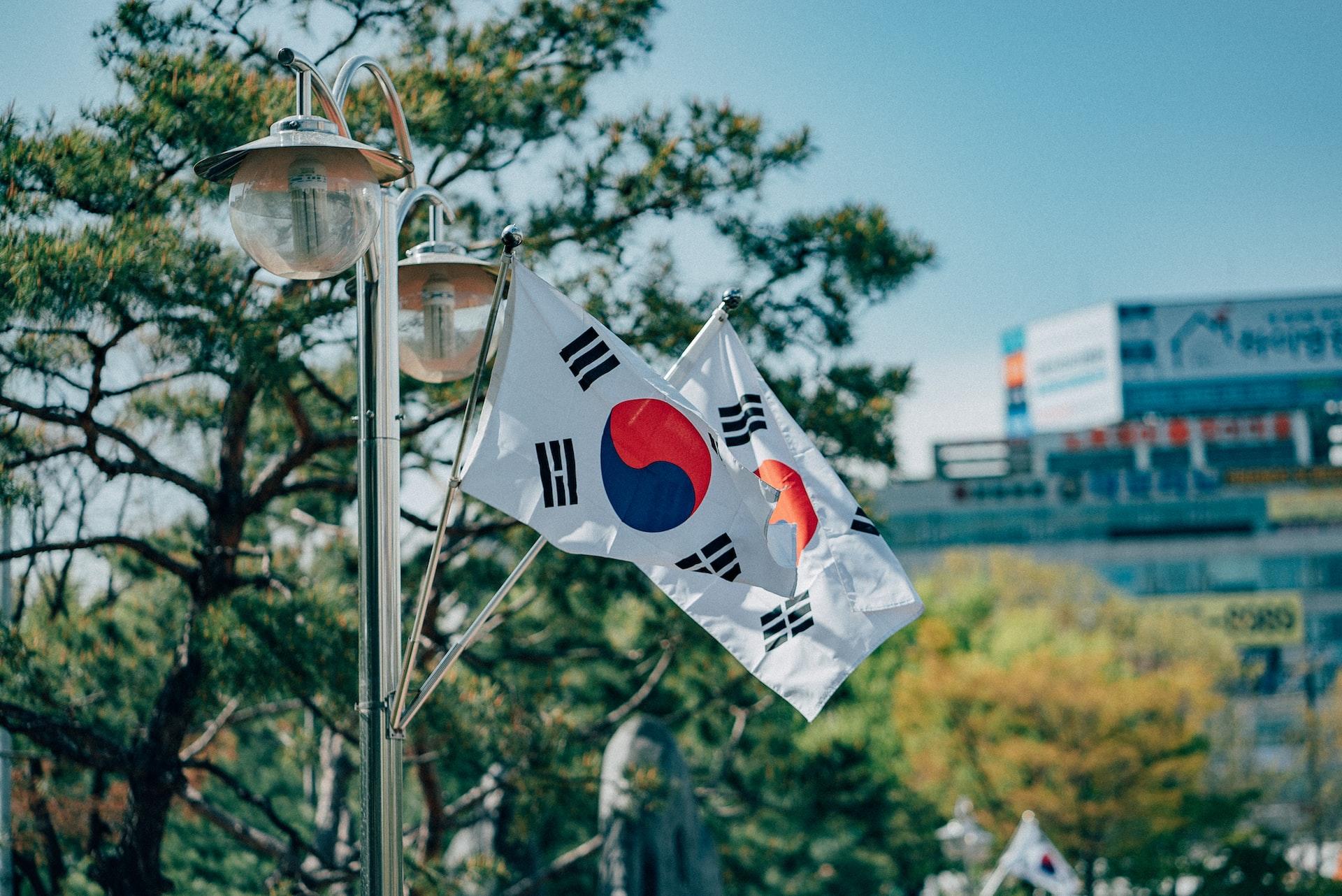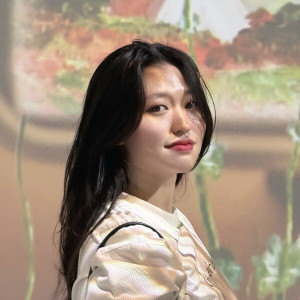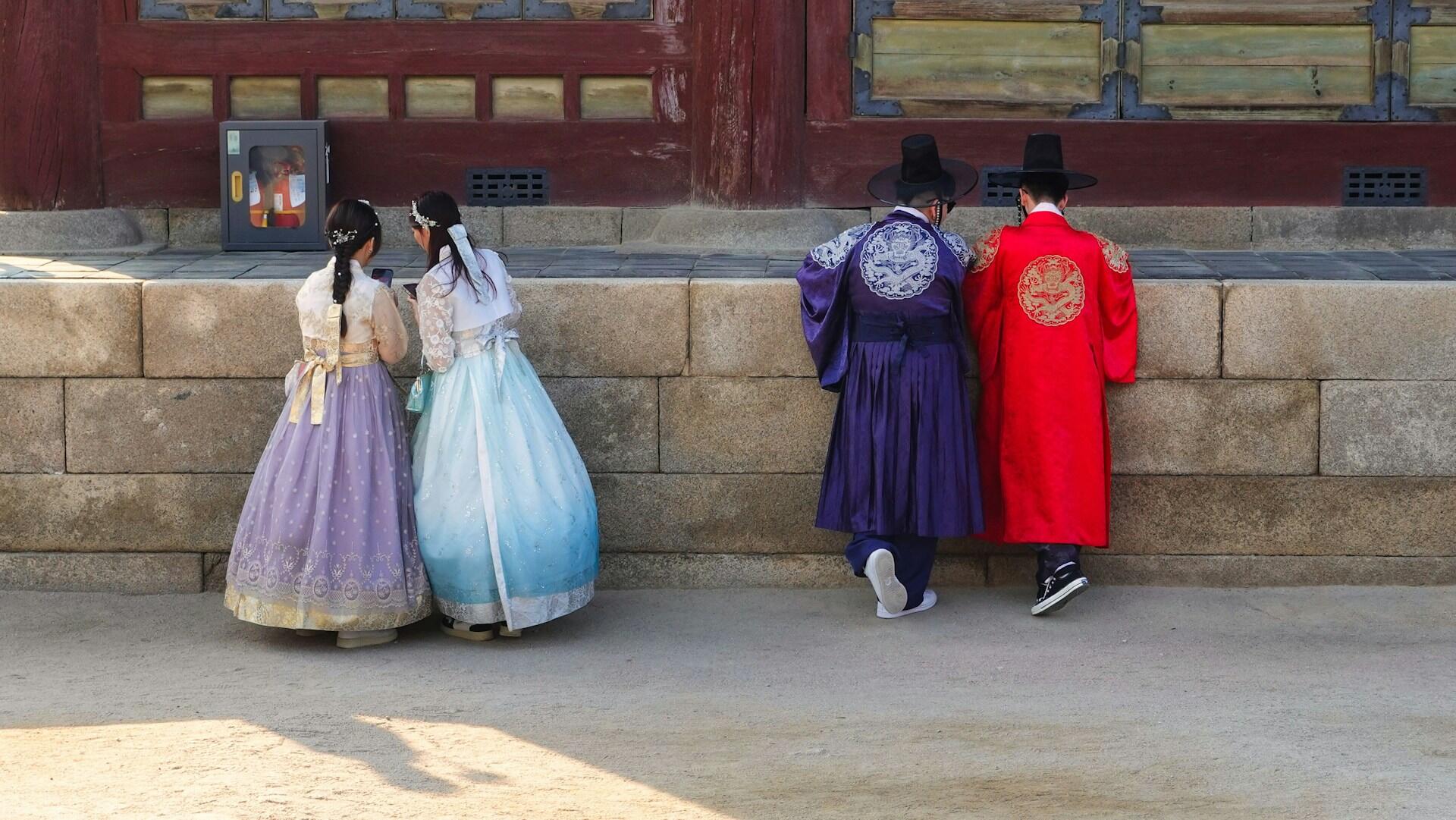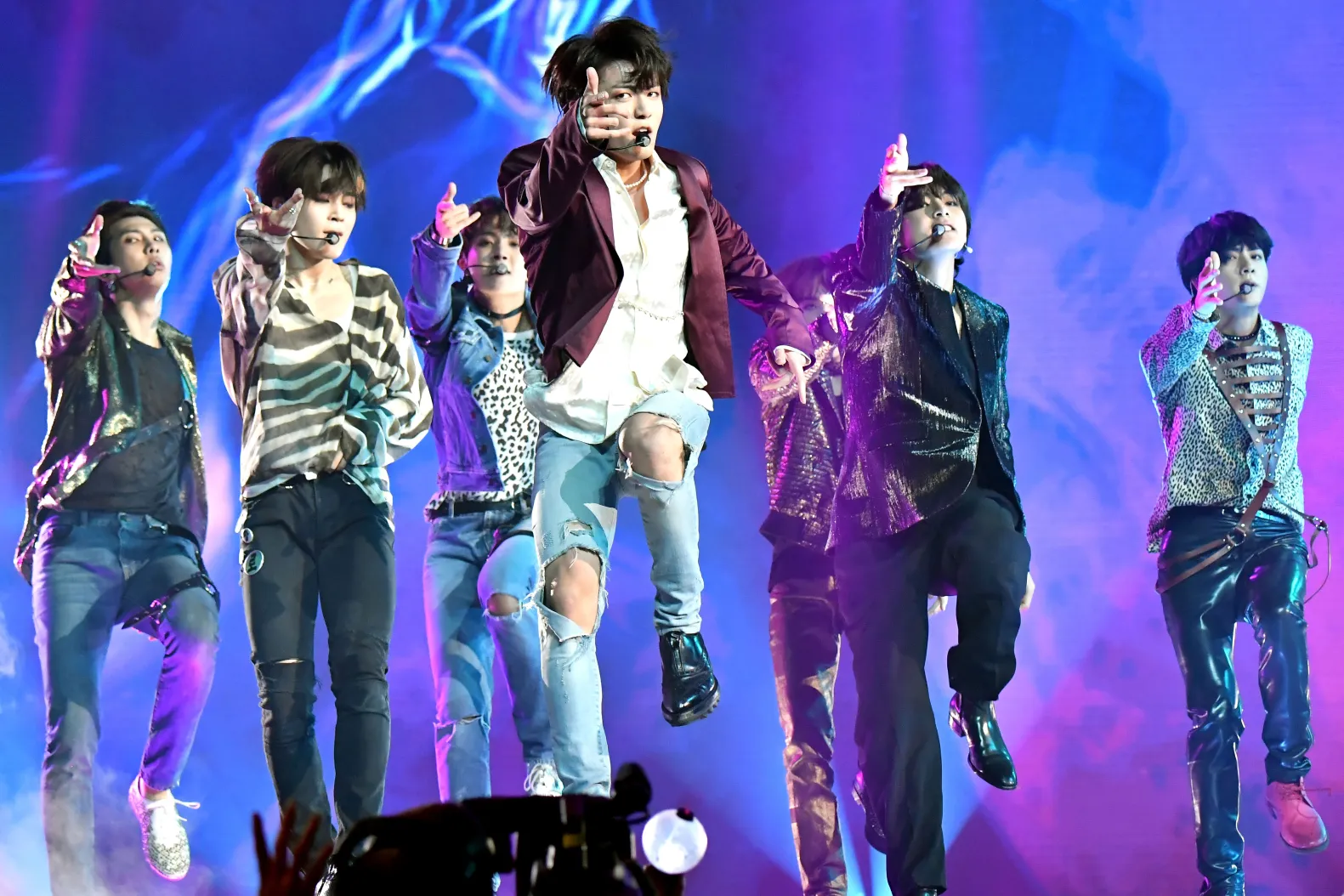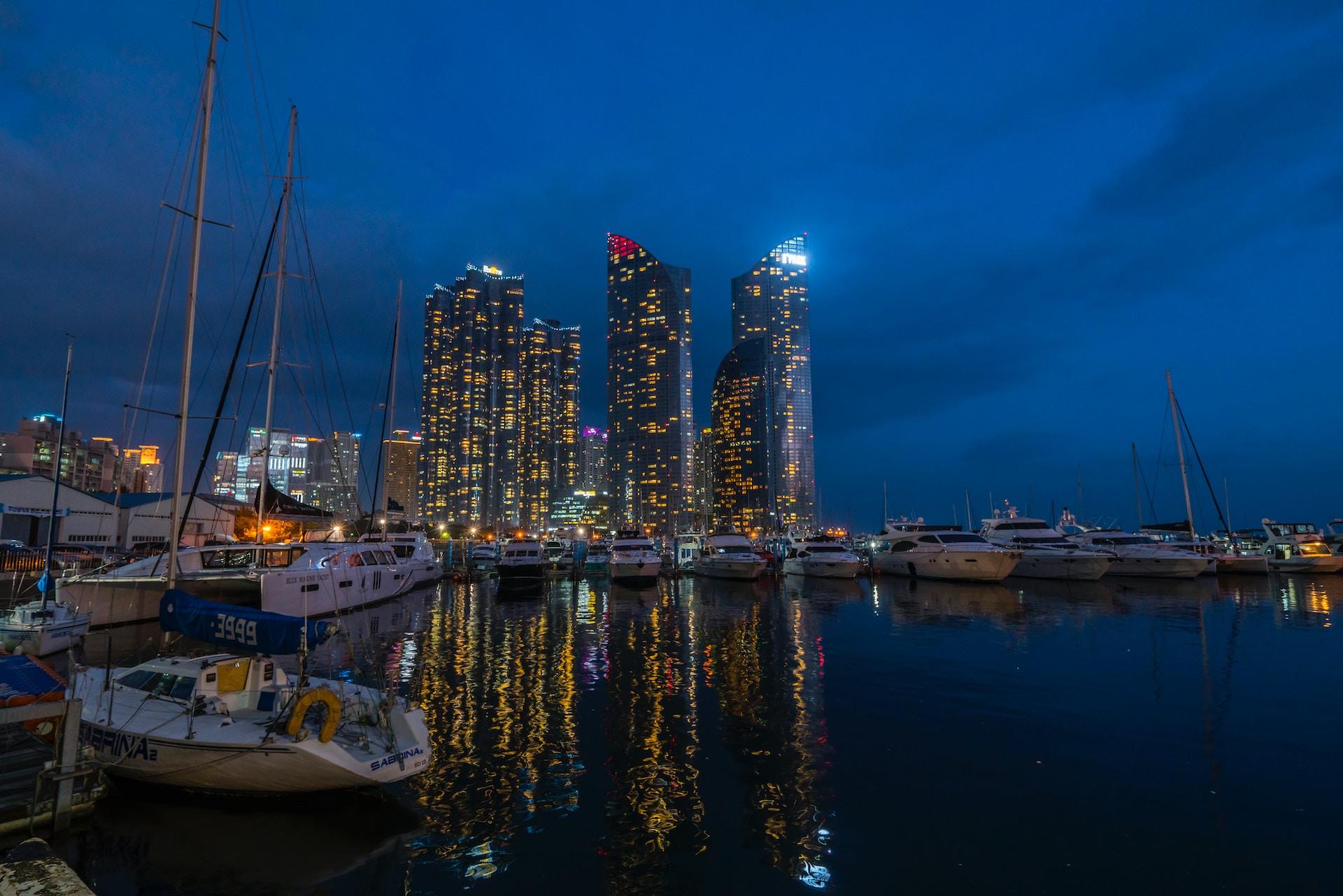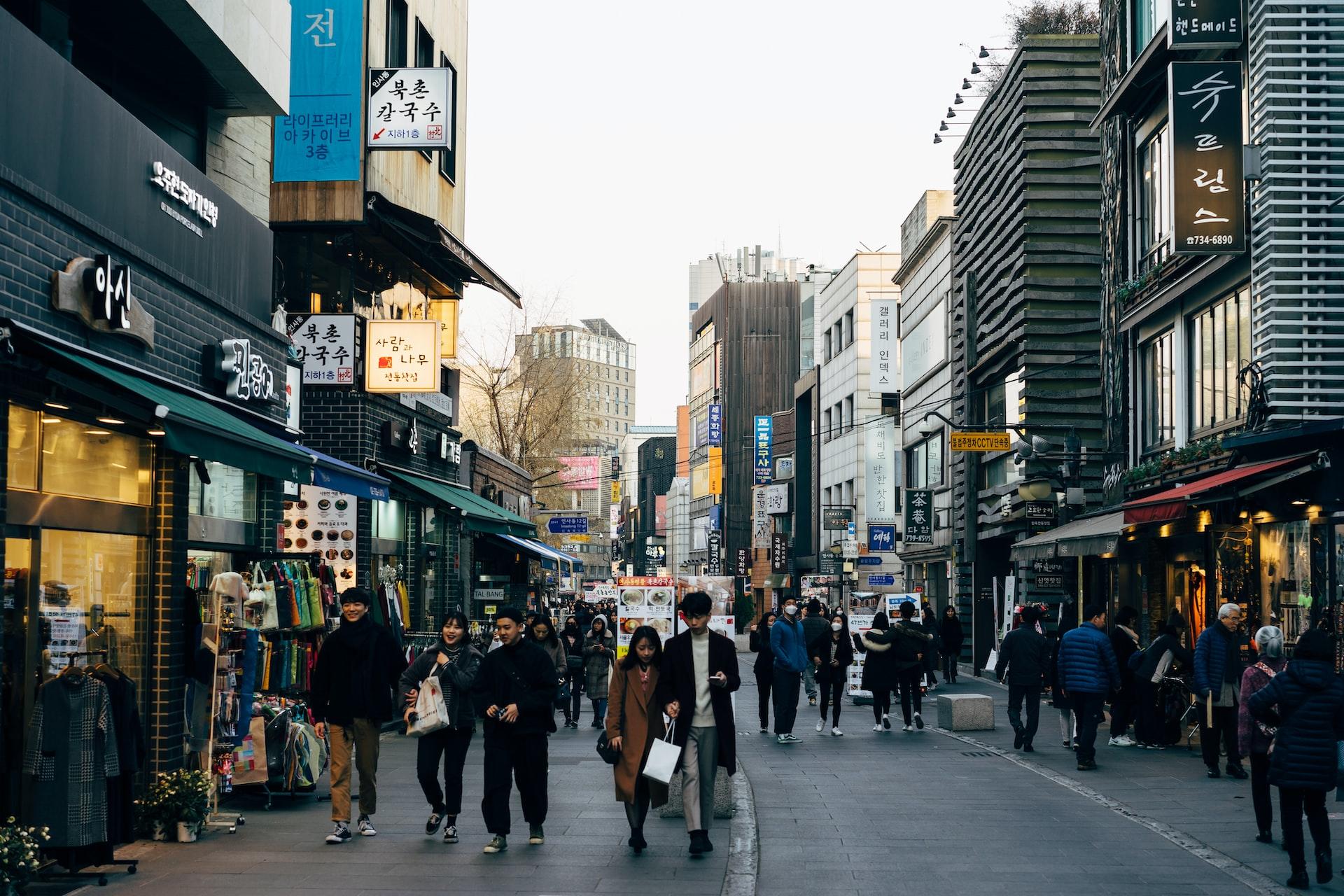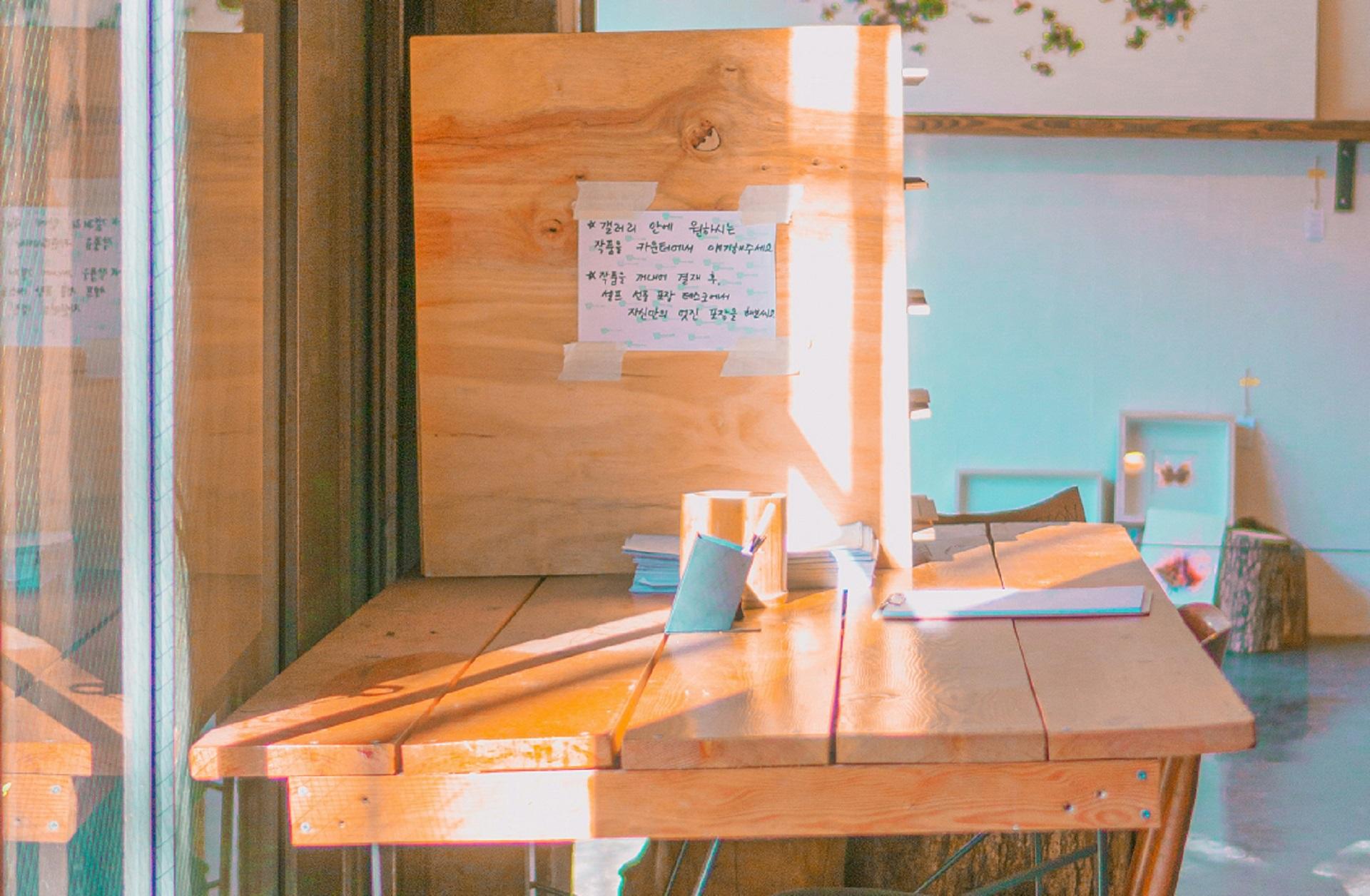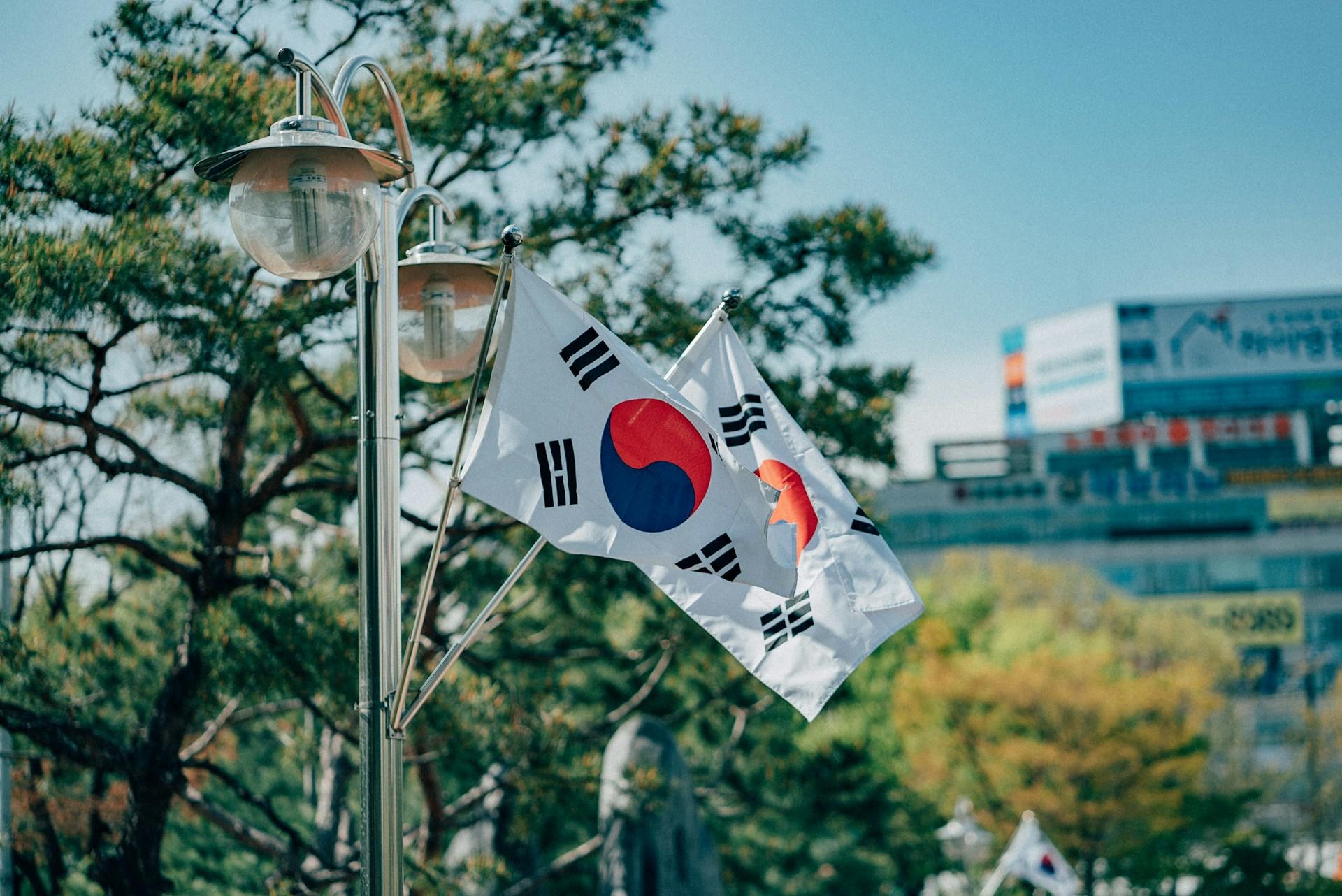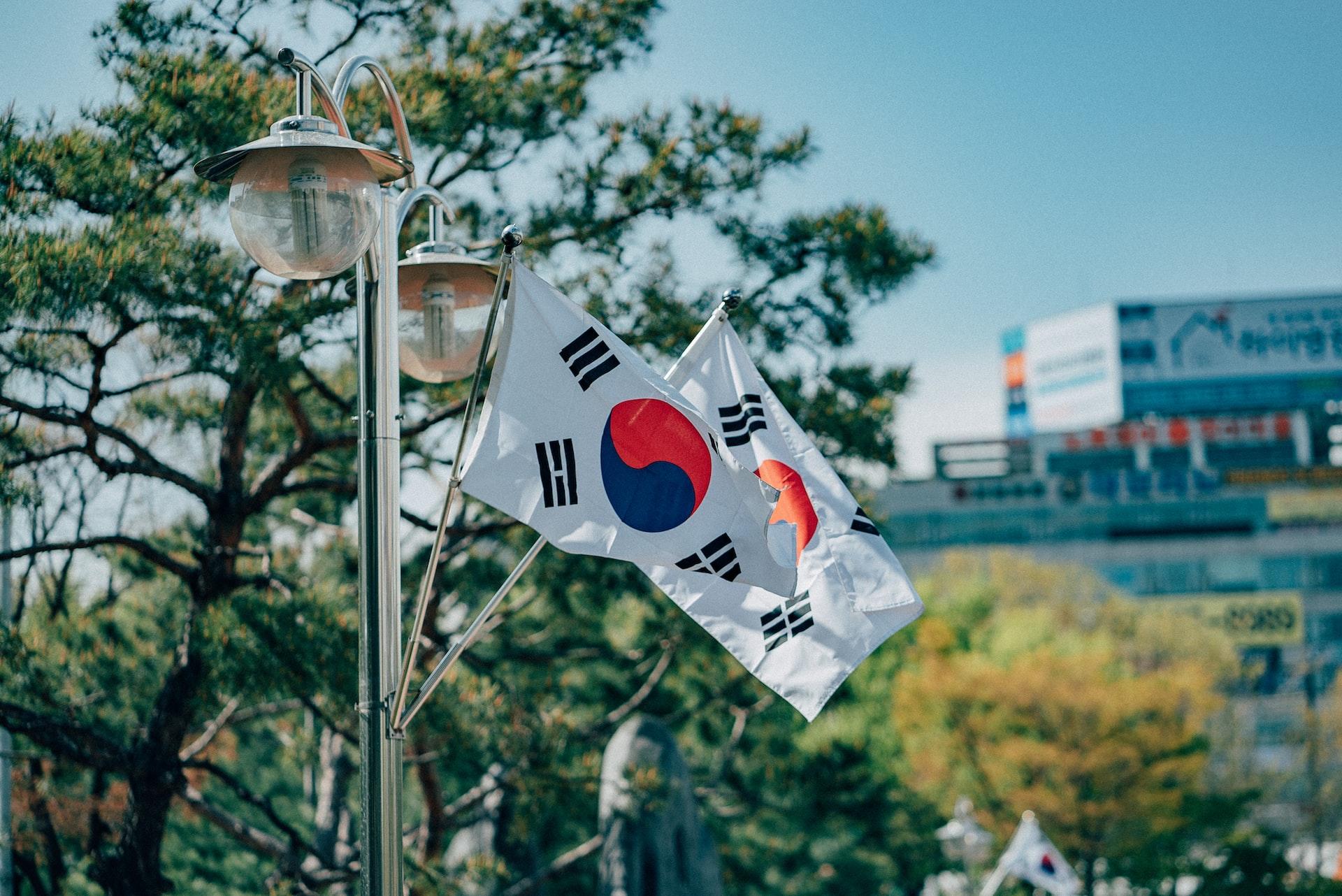South Korea isn't one of the most popular tourist destinations in the world. It is within the top 10 in Asia, but it's becoming increasingly popular and with good reason.
One of the reasons for South Korea's increase in popularity is its culture. Known as the Korean wave, South Korea's cultural exports initially gained popularity throughout Asia in the 2000s and in the 2010s, Korea's cultural reach was global. Sports have also helped with South Korea hosting the summer Olympic Games in 1988 in Seoul, the World Cup that they co-hosted with Japan in 2002, and the winter Olympic Games in Pyeongchang in 2018.
In English-speaking countries, this was mainly due to Korean communities celebrating their culture, but now through a globally-connected world, many people are familiar with everything from Korean dramas (K-dramas), Korean music (K-pop), and Korean food.
It's all well and good to enjoy these things from afar, but if you want to really experience it and discover more history and culture, you have to go to the source.
In this quick guide, we'll be looking more about travelling in South Korea than actually how to get there since how you travel to South Korea will really depend on where you're reading this.
You can quite quickly and easily compare flights and accommodation online so if you're interested in planning a trip to South Korea, we'd recommend doing that.
Instead, we'll be looking at what you should visit when you're there, some useful expressions you can use once you're there, how much Korean you really need to speak, and how cultural immersion can help you with learning a language.
Let's go!

Why Tourists Love Travelling to South Korea
While China, Thailand, and Japan round out the podium for most popular tourist destinations in Asia, tourism in South Korea is on the rise against these traditional destinations for tourism.
Korea has it all, including excellent hotels, historic sites, and an advanced travel and tourism industry. This is why the number of visitors coming to the country to live or work is increasing.
Whether it's because they want to attend a festival in the country, see a hanok up close, or visit a particular temple, tourists are loving South Korea at the moment and there are lots of them travelling to the country.
Find Korean classes Sydney easily on Superprof.
The Top Tourist Attractions to Visit in South Korea
As you plan your trip to South Korea, it can help to figure out exactly what you'll be doing whilst you're there.
There are plenty of things to do in Korea and we'd never be able to explain everything. Here are just a few of the best tourist attractions in South Korea.
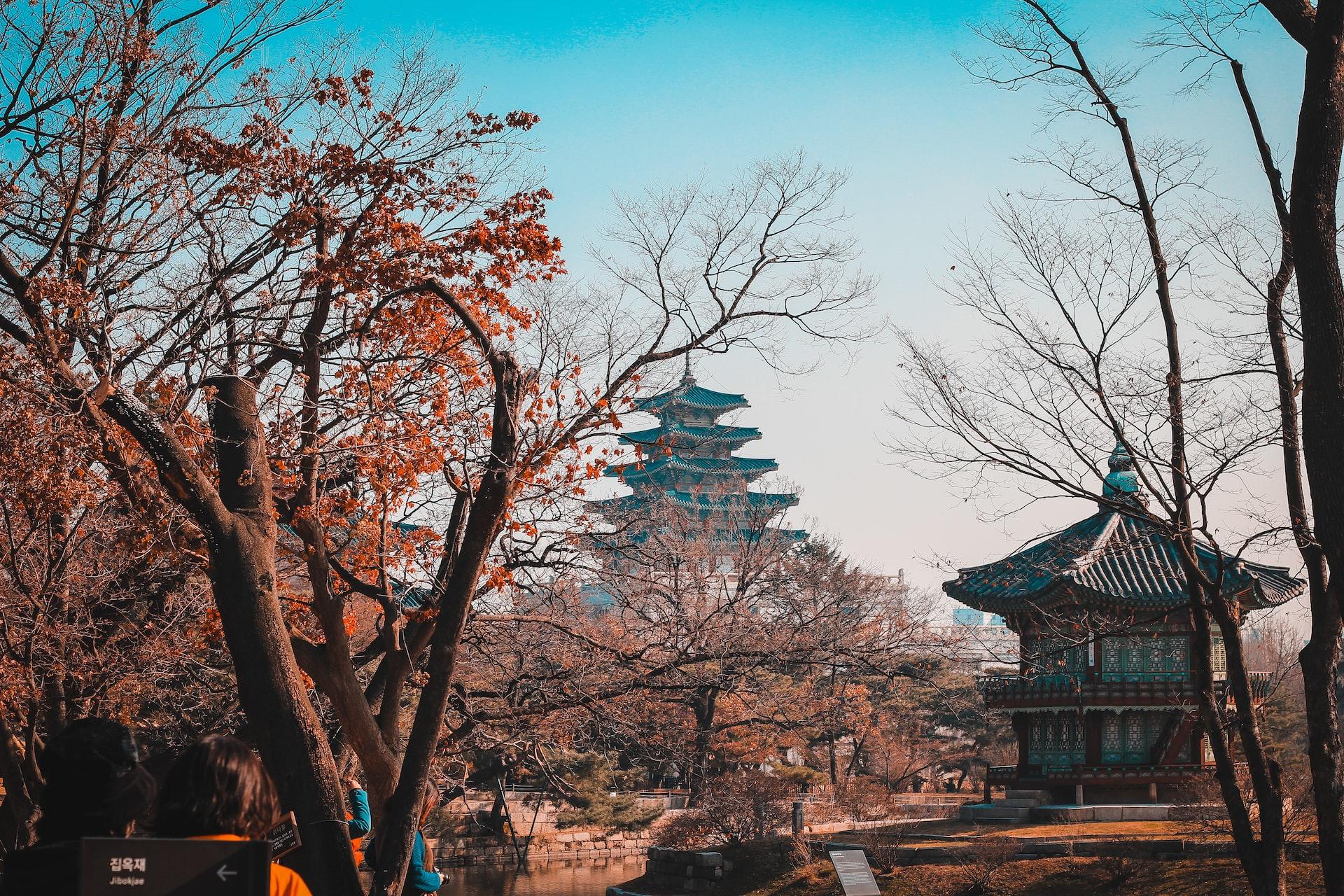
Here are just 10 things in South Korea that you may be interested in visiting as a tourist.
Alive Museum & Dynamic Maze
The Alive Museum & Dynamic Maze in Seoul is a different way to experience art and is dubbed a 4D art museum. There are optical illusions and plenty of photo opportunities for your holiday albums and your social media accounts. This is also one of the cultural attractions that younger members of the family can also enjoy.
Bukchon Hanok Village
Bukchon Hanok Village is a traditional village that you can visit in Seoul. It's a fairly popular tourist destination where you can visit a 600-year-old South Korean village. It's a nice change from the modern architecture of the city, too.
It takes only an hour or two to visit it and is certainly recommended if you love history or architecture... or both!
Cheonggyecheon Stream
Cheonggyecheon Stream is a waterway that runs for nearly 11km through central Seoul. If you'd like to take a stroll in Seoul, this is certainly an interesting option.
This isn't a traditional "stream", though, and is very much a modern urban development with paved areas along the length of the waterway. It's still very nice, but just don't expect anything like a woodland stream!
Everland
Everland is South Korea's largest theme park and also one of the world's most popular parks. For thrill-seeking tourists or roller coaster fanatics, the park is home to one of the steepest and fastest wooden coasters.
Gamcheon Culture Village
Gamcheon Culture Village is a town in Busan and one of the city's most popular attractions. It's a town located on the slope of a steep mountain with many colourful houses and buildings.
Initially a working-class neighbourhood, recent renovation efforts have converted it into a home for many art installations. If you're travelling to Busan on public transport, it's recommended that you go by train.
Hongdae
Hongdae is an area of Seoul that's popular for art, music, shops, clubs, and entertainment. It's the area that's home to Hongik University, one of South Korea's best art schools and is very popular for its indie and alternative music and art scene. If you like music or street art, it's worth visiting Hongdae.
Insadong
Insadong is another attraction in Seoul that you can visit as you travel around the city. This particular area is popular for its Buddhist temple and pretty and colourful statues (which kids will enjoy). It's also where you'll find the Alive Museum & Dynamic Maze we mentioned earlier.
Lotte World Seoul
Lotte World is another of South Korea's theme parks and while Everland is probably better for seeing animals, Lotte World is generally considered to be more family-friendly. There's both an indoor park and an outdoor park.
Myeongdong
If you're looking for retail therapy in Seoul, Myeongdong is one of the most famous neighbourhoods in the city and home to plenty of shops as well as some excellent street food.
It also hosts a biannual festival that takes place in March/April and September, which is definitely worth checking out if you're visiting then.
Nami Island
Nami Island is a beautiful island on a river in Chuncheon. To get to the island, you can either take the ferry both ways or zip-line onto the island and take the ferry back.
The ferry only takes 5 minutes and you can get to Nami Island from Seoul in under two hours.
Take Korean classes Melbourne with a qualified tutor on Superprof!

Which Korean Phrases Should You Know Before You Go
While English is spoken in more touristy areas, it's always better to know a bit of the language wherever you travel.
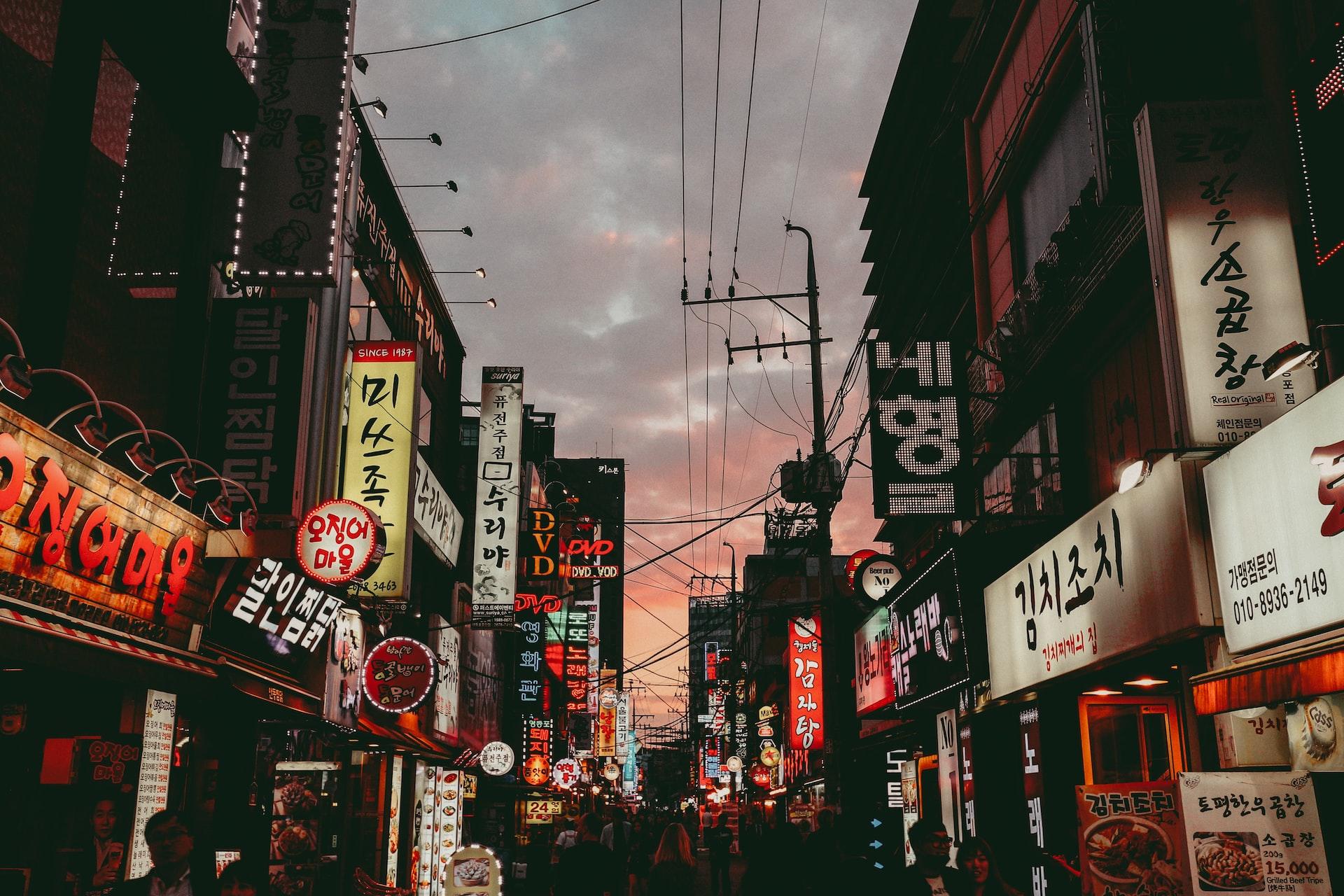
The general English proficiency in South Korea is considered to be moderate and while the levels of English in South Korea are better than that of Japan or China, they're not as good as you'd find in certain touristy parts of Europe, for example.
To make everything a little easier, we have an entire article dedicated to the most useful Korean phrases, but here are a few phrases that we think every tourist should learn before they travel anywhere.
Introductions
It's very useful to be able to start and end conversations. No matter where you go, learn how to say "hello", and time-specific greetings like "good morning/evening/night" and "goodbye".
It's also useful to be able to ask people how they are, tell them your name, and ask for theirs.
Manners
Manners cost nothing and can make interactions anywhere a little easier, especially if you're clearly not proficient in the language. Learn how to say “please”, “thank you”, “you're welcome”, “I'm sorry”, “excuse me”, etc.
Numbers
Whether it's in shops, restaurants, or for public transport, try to learn numbers. If you don't have time to learn them all, just learn the numbers from 1 to 10.
Getting Stuck and Learning More
When your limited Korean lets you down, you should know how to ask if anybody speaks English or even just how to say things in Korean.
It's also useful to learn the question words “who”, “what”, “why”, “when”, “where”, and “how” as even if you can't grammatically use them in a sentence, they should be useful in a pinch.
You'll find all of these expressions in a phrasebook or even online, but if you're teaching yourself, this should be enough to get you started in South Korea.
Ready to learn Korean? Practice today with a tutor on Superprof.
What Level of Korean Should You Have to Live in Korea?
If you're going to South Korea to live there, you'll ideally want to learn a little more than the handful of phrases we just suggested.
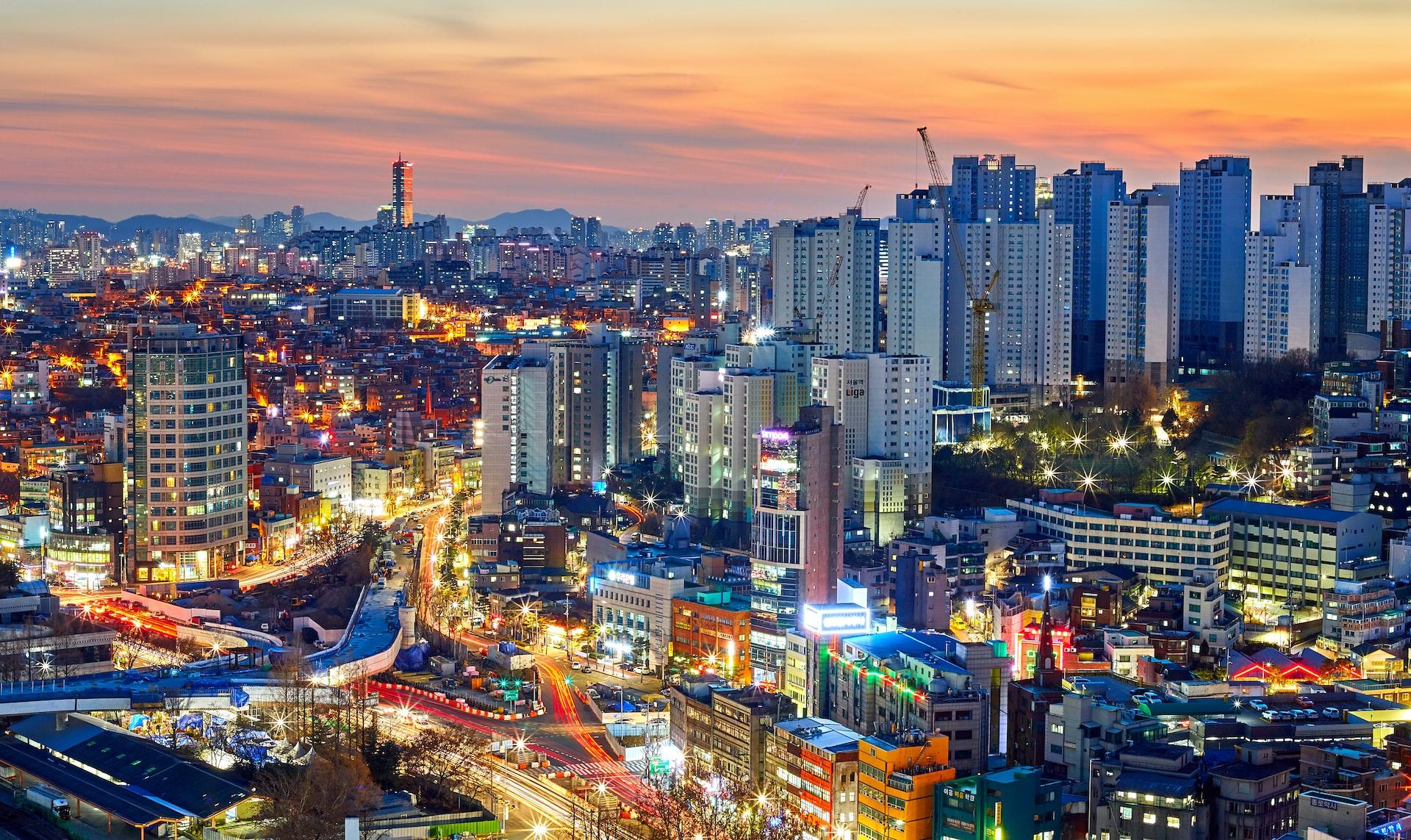
However, if you're resourceful, you can go pretty much anywhere with a very limited understanding of the language.
Immersion is one of the best ways to learn a language and as long as you're able to ask how to say certain things, you can start progressing.
That said, living in the country will put you in situations that most tourists don't have to worry about so you'll really want to be comfortable speaking the language as soon as you can.
You'll need to be at least conversational so that you can sort things out when it comes to housing, dealing with the bank, and all of the other little annoying administrative tasks that come with moving anywhere.
Consider learning a basic level of Korean before you move there. Whether it's for tourism or because you want to live there, speaking a bit of a language can help you in many situations including when you're at the beach, visiting a temple, checking into hotels, or even dealing with the government and the bureaucracy required to access local services.
The Importance of Cultural Immersion in Korean Language Learning
Another side to learning a language is the culture. Language and culture can't really be separated and this can be seen in everything from idiomatic expressions to how people deal with each other.
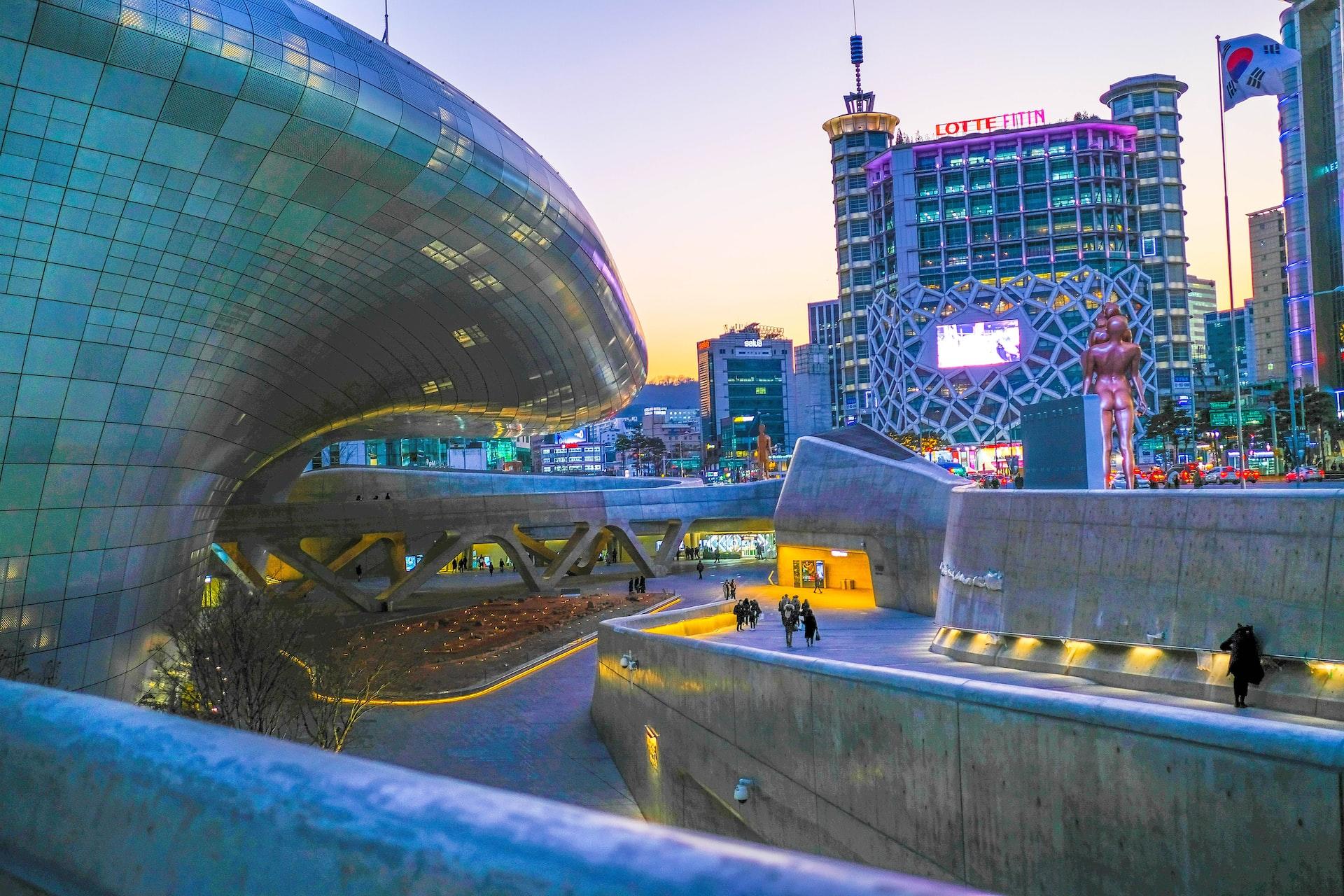
Manners and formality are important in Korean and understanding this will affect not only how you speak to people, but the language you use with them.
It can also help with meeting people. Having something in common or at least understanding what everyone is talking about can make you part of the conversation.
Even if it's just knowing the latest pop song, the TV show everybody's watching, or popular events on the cultural calendar means that you'll better understand the people you're talking to and also be able to participate more in social situations.
Basically, cultural immersion is essential for living in South Korea and tourism can be a part of that whether it's visiting a temple, attending a festival, or even just going to the attractions that are popular with the general public.
Summarise with AI:

